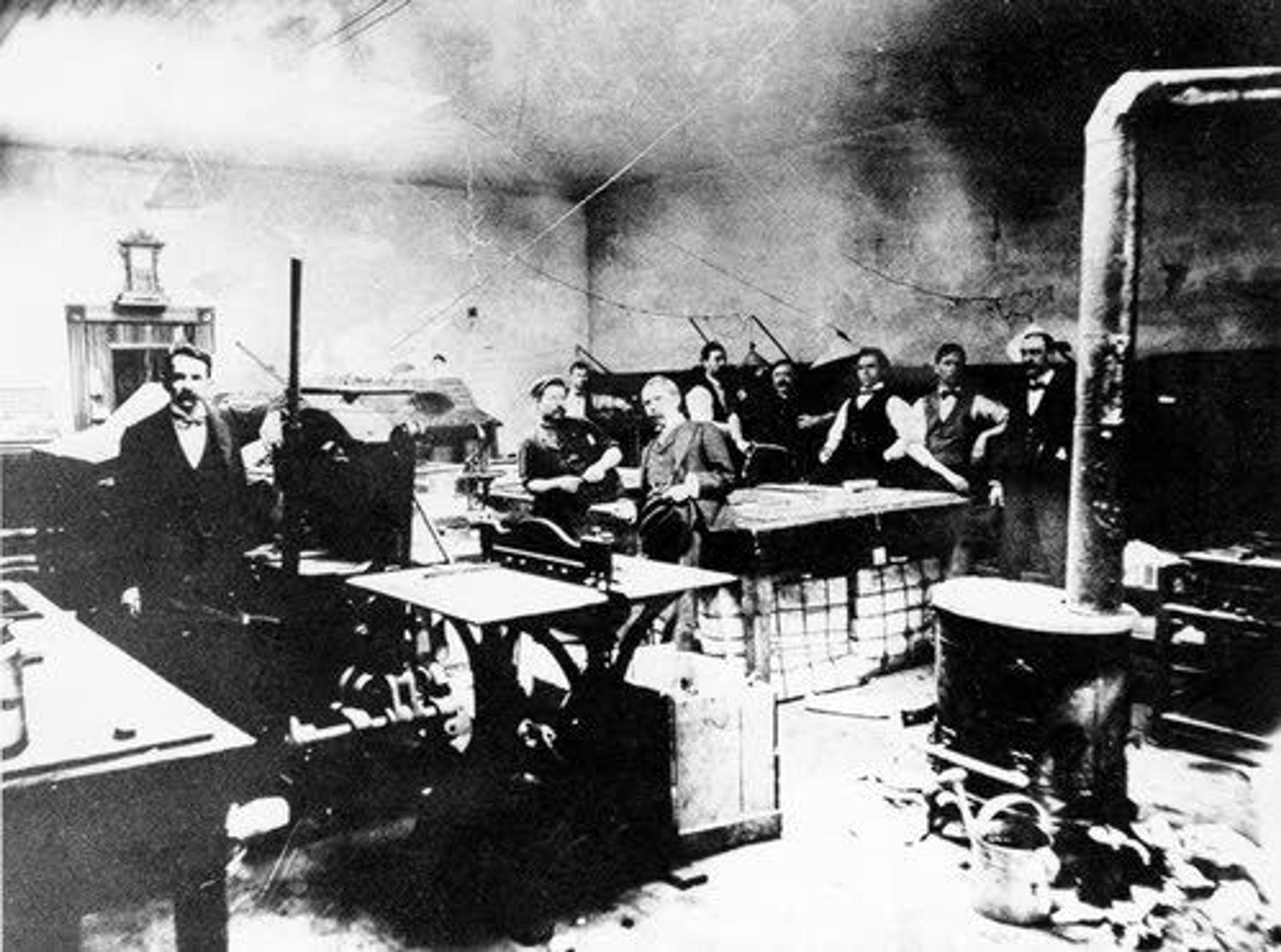Highly pathogenic avian influenza (HPAI) strain H5N1 is attracting coverage in national news.
To date, this strain of avian flu has been detected in 9,352 wild birds and 92,343,826 poultry, including birds and poultry in Idaho and Washington. HPAI can be transmitted by wild birds to domestic poultry and animals and has now infected 58 dairy herds, including eight in Idaho.
Additionally, HPAI has been transmitted to three people in the United States, including two cattle workers who were recently infected and one worker who was culling infected poultry in 2022. Although this trend may sound alarming, the Centers for Disease Control and Prevention states the current public health risk is low, and no person-to-person spread has been detected.
In response to the ongoing HPAI outbreak, the Food and Drug Administration collected 297 milk samples from retail locations in 17 states, representing products from 132 processing locations in 38 states. Although 60 of the samples contained H5N1 genetic material, none of the samples contained live virus. Given this, it is unlikely that pasteurized dairy products will transmit HPAI to humans. Both the FDA and Department of Agriculture affirm that the commercial milk supply is safe, as the pasteurization process kills the virus, and milk from sick cows is either diverted or destroyed.
It is unknown if HPAI can be transmitted through the consumption of unpasteurized (raw) milk or other unpasteurized dairy products made with milk from infected cattle.
Eggs from infected poultry have also been a concern with the public who may be afraid that the virus can be transmitted through eggs. However, the FDA states that it is unlikely that eggs from infected poultry are available in the marketplace. The FDA and the USDA Food Safety and Inspection Service conducted a risk assessment to determine whether HPAI in poultry, shell eggs and egg products posed a risk to human health. The risk assessment determined that the risk of HPAI infection from contaminated shell eggs is low, as the rapid onset of symptoms quickly marks infected poultry, and any symptomatic poultry, and eggs they have produced are removed prior to entering the marketplace. Additionally, testing of flocks and regulatory inspection programs of poultry farms further reduce risk.
Despite the low risk, the CDC and FDA have recommended limiting your exposure to HPAI. People should avoid direct contact with wild birds, as wild birds can be infected with HPAI even if they appear healthy. If you find a dead bird, use gloves or a plastic bag to handle and remove it. Sick or injured birds should be reported to the Washington Department of Fish and Wildlife in Washington or your regional Idaho Department of Fish and Game office in Idaho.
If you own backyard poultry, prevent contact between your poultry and wild birds. If your poultry show signs of illness, such as decreased egg production or misshapen eggs, swollen face and combs, respiratory congestion, lack of energy and appetite, or difficulty breathing or a runny nose, use gloves, eye protection and an N95 respirator or surgical mask before handling. Contact your local veterinarian for additional guidance.
Always wash your hands with soap and water after touching birds, backyard poultry or any surfaces and materials that are in contact with saliva, mucus or feces from poultry. Throw away all used gloves and masks.
Although there is no evidence that HPAI can be passed to humans through the food chain, the CDC recommends consuming only pasteurized milk products. Poultry and eggs should be cooked to an internal temperature of 165 degrees to kill bacteria and viruses. Beef roasts, steaks and chops should be cooked to 145 degrees, while ground meat should be cooked to 165 degrees.
Remember that safe food handling includes preventing cross-contamination, so be sure to keep raw eggs, meat and poultry away from ready-to-eat foods. Always clean cutting boards, countertops, knives and utensils with hot, soapy water after contact with raw eggs, meat and poultry.
Those seeking more information on HPAI may visit the CDC’s website at cdc.gov/flu/avianflu/avian-flu-summary.htm.
Smith is an assistant professor and statewide consumer food specialist for Washington State University in Pullman. Comments or questions may be emailed to food.safety@wsu.edu.









